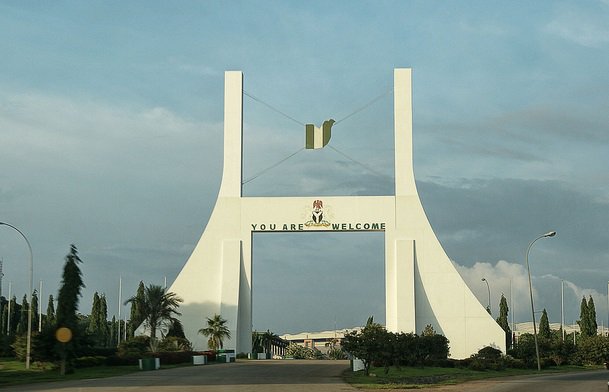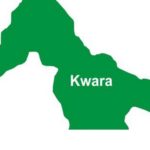As Nigeria joins the rest of the world to mark the United Nations (UN) World Day of Indigenous Peoples, Civil Society groups from the country and across Africa as well as the ancestral peoples of the Federal Capital Territory (FCT) have expressed deep concern over what they considered as the continued socio-economic exclusion of indigenous peoples in Abuja, urging the Federal Government to address the situation without delay.
There are nine indigenous ethnic groups in the FCT namely: the Gbwari, Koro, Bassa, Ebira, Ganagana, Nupe, Gade, Gwandara and Dibo.
Hundreds of stakeholders who, at the weekend gathered at the Abuja Old Park to celebrate the August 09 event, expressed this concern, describing the situation as a time bomb that should be addressed without delay to avoid possible outburst.
The event was celebrated with a regional conference, themed: “Building Resilience, Fostering Recovery: FCT Original Inhabitants And the Struggle for Social Justice,” a workshop and a day dedicated to the promotion of indigenous heritage, to showcase the culture of their people, even as they insisted that their land taken away represented the most significant historical injustice they suffered.
The conference organized by Resource Centre for Human Rights and Civil Education, (CHRICED) and the MacArthur Foundation, also had in attendance traditional rulers from the various kingdoms, government officials, Executive Director, CHRICED, Mr Ibrahim Zikirullahi; the media, labour, peasants and several representatives of indigenous peoples Environmental Rights Action (ERA).
The Indigenous people, in making the demand, lamented that they had been subjected to all forms of socio-cultural repression since 1976 when the Nigerian Capital was moved from Lagos to Abuja.
In a communiqué issued at the end of the National Stakeholders Dialogue titled: “Rights of Original Inhabitants of FCT,” and signed by Dr. Ibrahim Zikirullahi and leaders of several civil society groups, they demanded that the bottled up anger of indigenous peoples in the FCT should be addressed to avoid possible outbursts.
The stakeholders said indigenous peoples were distinguished by their ancestral land, their distinct language, culture and time honoured values which, which, according to them, were treasured and has been preserved for centuries.
This was just as they noted that in Nigeria, the rights of indigenous peoples in the FCT were a major challenge in the search for sustainable development, peace and stability.
“We are aware that the Original Peoples of the Federal Capital Territory, (FCT) are indigenous to their territories, their ancestral land which they have lived for centuries;
“That they own the land; the land is their livelihood, their dignity and pride; they have cultivated the land which is their greatest material and spiritual assets;
“That the indigenous peoples in the FCT are about nine with their own culture and civilisations that continue to face existential threats from various dimensions;
“That in 1976, the history of Original People of FCT was deconstructed with the movement of the Federal Capital from Lagos to Abuja by the military government. The movement led to dramatic changes in the sociology, the land ownership, control and management effected through the military Decree 6, all of which affect the past, present and future of FCT indigenous peoples;
ALSO READ FROM NIGERIAN TRIBUNE
- ‘39.6 percent of unmarried university students use sexual performance-enhancing drugs’
- Tips on building a happy and healthy relationship
- Safety precautions to observe at the airport
- Safety tips to observe when boarding a ride from a ride-hailing app
- Secure your social media accounts from hackers with these tips
- Things to look out for before starting a business
- Striking a balance between your 9-5 job and your side hustle
- Little or no work experience? Here’s what you can do
- Top 10 Business Ideas In Nigeria You Can Start With 100,000 Naira
“That indigenous peoples in FCT are recognised by their own history and values backed by international instruments including but not limited to International Convention in Indigenous Peoples, the ILO Convention 168 all of which emphasise the protection of indigenous peoples including their intellectual and cultural property,” the communiqué stated.
Others that attended the event were Prof. A B Ahmed of the Faculty of Law, Bayero University; Executive Director, Centre for Transparency and Accountability (CTA); HRH Alhaji Ismaila Danladi Mohammed, Journalists for Democratic Rights, (JODER), and the members of the FCT Original Inhabitant Association.
It would be recalled that on December 23, 1994, the UN General Assembly Resolution 49/214 adopted the International Day of Indigenous Peoples to address the fears over ancestral land and associated lost resources.






